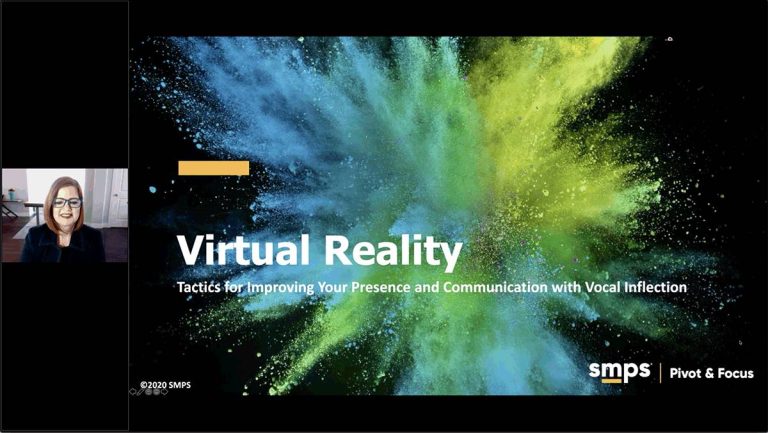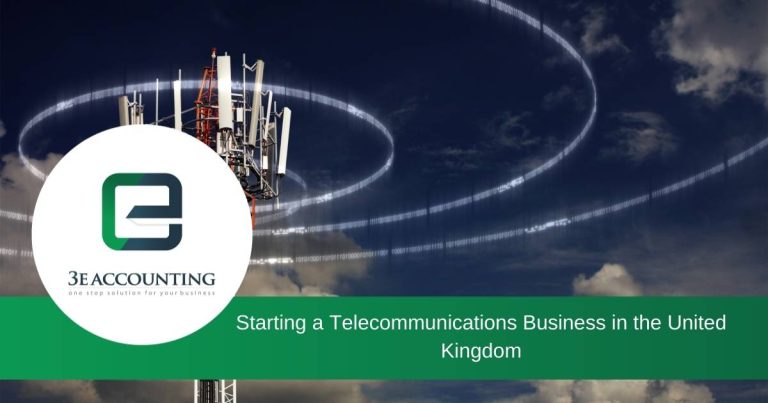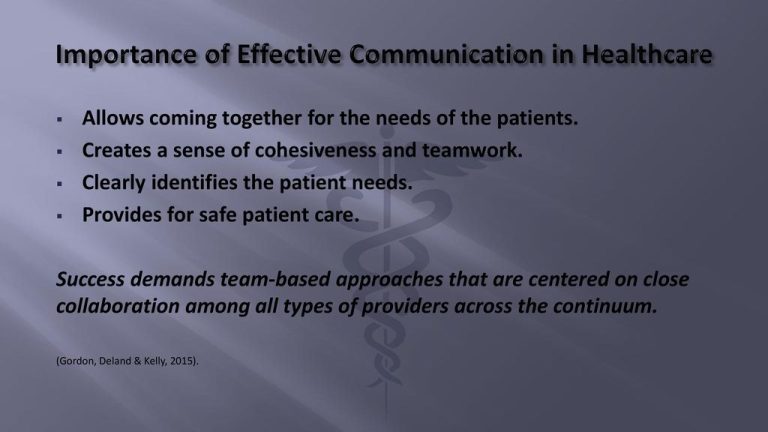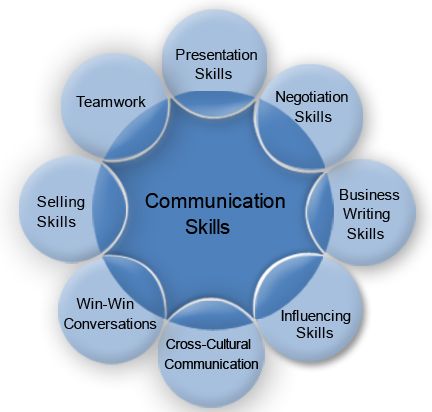Inflection in Communication
Inflection in communication refers to the variation in pitch, tone, and emphasis used when speaking. It plays a crucial role in conveying meaning and emotions. Inflection can indicate whether a statement is a question or a statement, express different emotions such as excitement or disappointment, and highlight important points in a conversation. It helps to…







